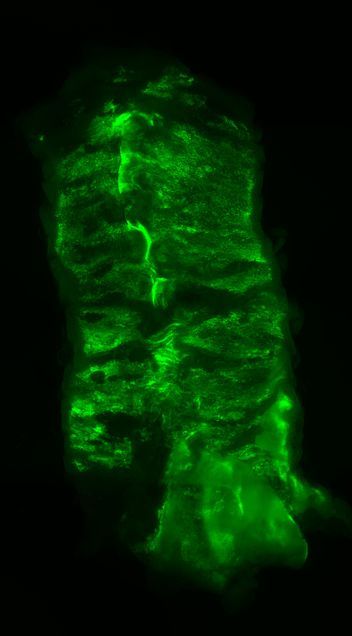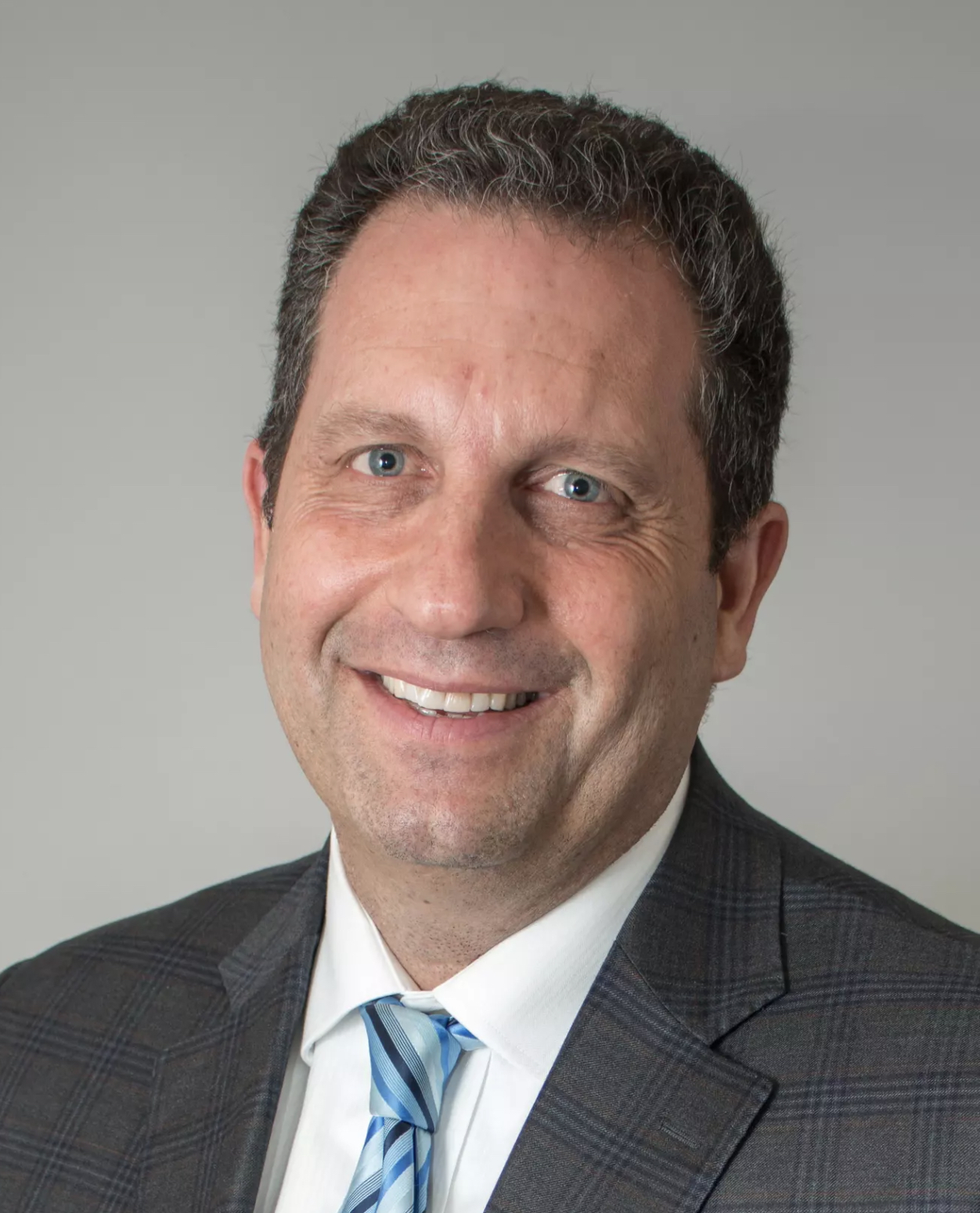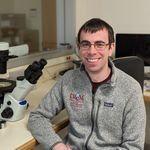BU Researchers Describe Rebuilding, Regenerating Lung Cells

This week, Pulmonary Center researchers from the Center for Regenerative Medicine (CReM) report their successes in developing new techniques to implant engineered cells into damaged lung tissue. Such breakthroughs could offer potential treatments for lung conditions like emphysema, pulmonary fibrosis, and COVID-19. The studies, which outline the process of engineering lung stem cells and introducing them into injured lungs without need for immunosuppression, have been published in two new papers in Cell Stem Cell.
For more than 20 years, Dr. Kotton’s team has pursued ways to engraft cells into injured lung tissues with the goal of regenerating lung airways or alveoli. Excited by this latest progress, they now hope these techniques will enable new treatment options for “those with gene mutations that cause damage to lung airways or alveoli, such as children or adults with familial forms of lung disease.”
To learn more, follow these links to the full articles first-authored by Michael Herriges or by Martin Ma:
Durable alveolar engraftment of PSC-derived lung epithelial cells into immunocompetent mice



Check out the coverage of these papers on BU’s The Brink: BU Researchers See Future Where Lung Disease Is Treatable, and Damaged Lungs Are Regenerated